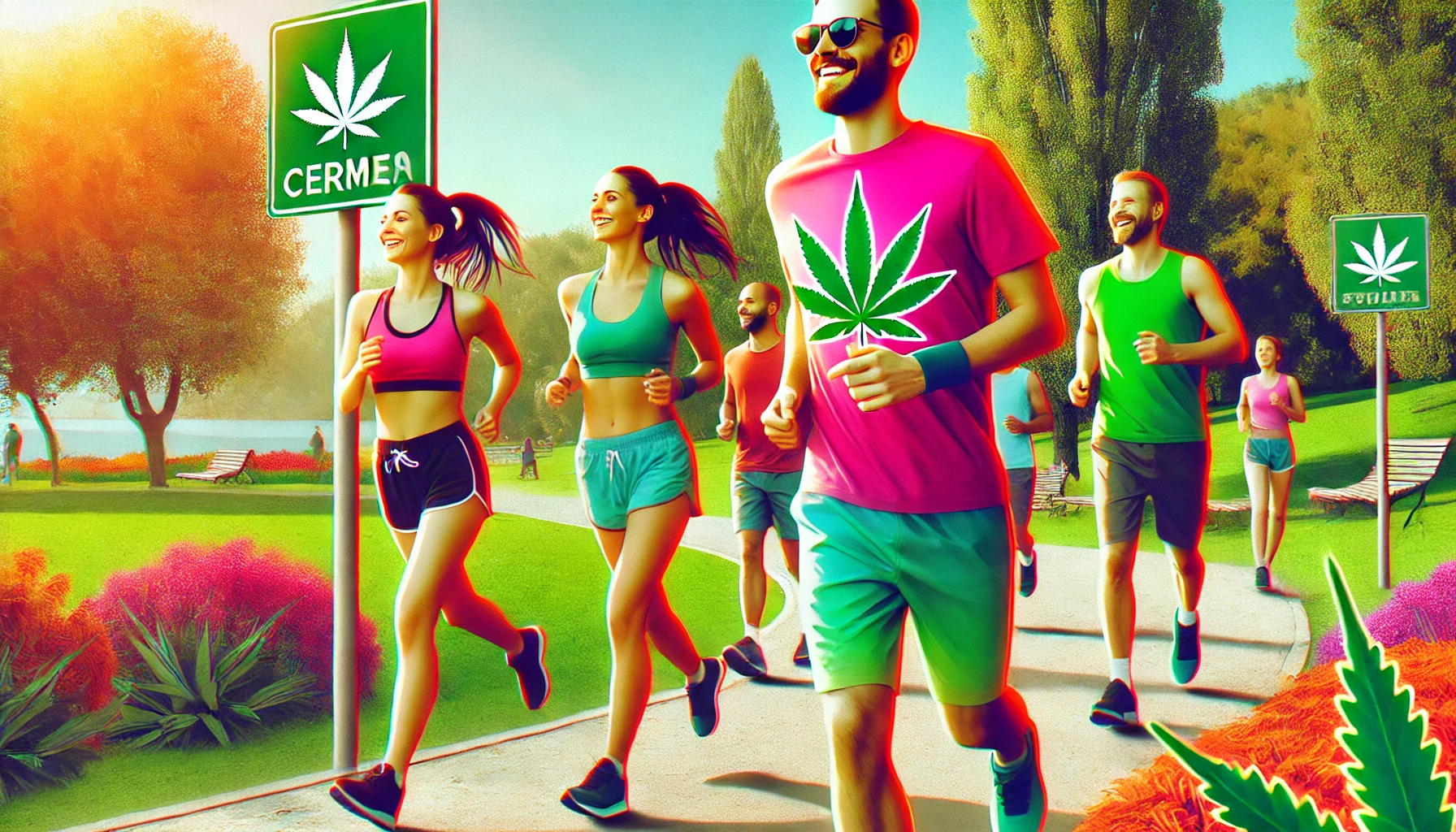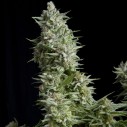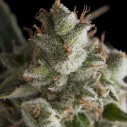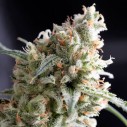New Study Suggests Cannabis Users Are More Physically Active Than Previously Thought

A federally funded study has found that adults are more physically active on days they consume cannabis, challenging the long-held stereotype of the "lazy stoner." However, the study also revealed that marijuana users are more likely to drink alcohol heavily and smoke more cigarettes on those same days.
The research, conducted by a team of ten scientists from leading U.S. institutions, was published in Addictive Behaviors and involved 98 adult participants who were tracked over a four-week period. Using smartphone-based surveys, researchers monitored behaviors such as cannabis consumption, alcohol and cigarette use, and physical activity levels.
Key Findings: Cannabis and Physical Activity
The study found a positive correlation between daily cannabis use and moderate-to-vigorous physical activity (MVPA, Moderate-to-Vigorous Physical Activity). Participants who reported using cannabis at least once during the 28-day study were more likely to engage in physical activities like running, aerobics, or heavy yard work on days they consumed marijuana. This aligns with previous research indicating that cannabis users tend to report higher physical activity levels compared to non-users.
The research team utilized ecological momentary assessment (EMA, Ecological Momentary Assessment)—a real-time tracking method—to measure participants’ behaviors. Surveys included questions such as, “How many minutes of vigorous leisure-time physical activity did you engage in yesterday?” Participants also reported their use of cannabis, alcohol, and cigarettes in the past 24 hours.
The researchers suggest that cannabis may enhance the enjoyment of physical activity or provide a psychological reward that motivates users to exercise. “Mechanisms have been proposed regarding how cannabis use may influence physical activity participation, including increased enjoyment, enhanced recovery, and activation of the endocannabinoid and dopaminergic systems,” the authors wrote.
“I’m certain the full potential of cannabis has yet to be unlocked,” says Ricardo, the founder of Pyramid Seeds. “I believe research will continue, and above all, we are looking forward to new discoveries in the field of medical cannabis applications.”
Alcohol and Cigarette Use Also Increased
While cannabis use was associated with higher physical activity levels, it was also linked to greater alcohol consumption and cigarette smoking on the same days. The researchers noted that the relationship between these behaviors could be driven by psychological reward mechanisms or by users attempting to balance the effects of one substance with another. For example, someone might use cannabis to alleviate the discomfort of a hangover or vice versa.
The study highlighted the complexity of substance use patterns, emphasizing that the interplay between cannabis, alcohol, and tobacco use may be bidirectional. “Cannabis use could increase the likelihood of alcohol and/or cigarette smoking, but the inverse could also be true,” the authors noted.

Implications for Health Providers
The findings could have practical applications for healthcare professionals. By using real-time tracking data, doctors and therapists might better tailor health behavior interventions for individuals who use cannabis. For example, they could deliver personalized strategies to promote physical activity or reduce substance use in patients reporting cannabis consumption.
“Health professionals could use these data within multiple behavior change interventions that use just-in-time adaptive intervention strategies,” the authors suggested.
Contradictory Observations and Future Research
Although the study supports the idea that cannabis users are more active, the researchers acknowledge inconsistencies in previous findings. Some studies have reported lower physical activity levels among cannabis users overall. The authors attribute these differences to factors such as age, assessment methods, and variations in how physical activity is defined.
The study does not offer a definitive explanation for the behaviors observed but opens the door for future research into how cannabis affects motivation, reward systems, and substance use patterns.
Follow us on Instagram, where you’ll find even more interesting content.





Comments (0)
New comment